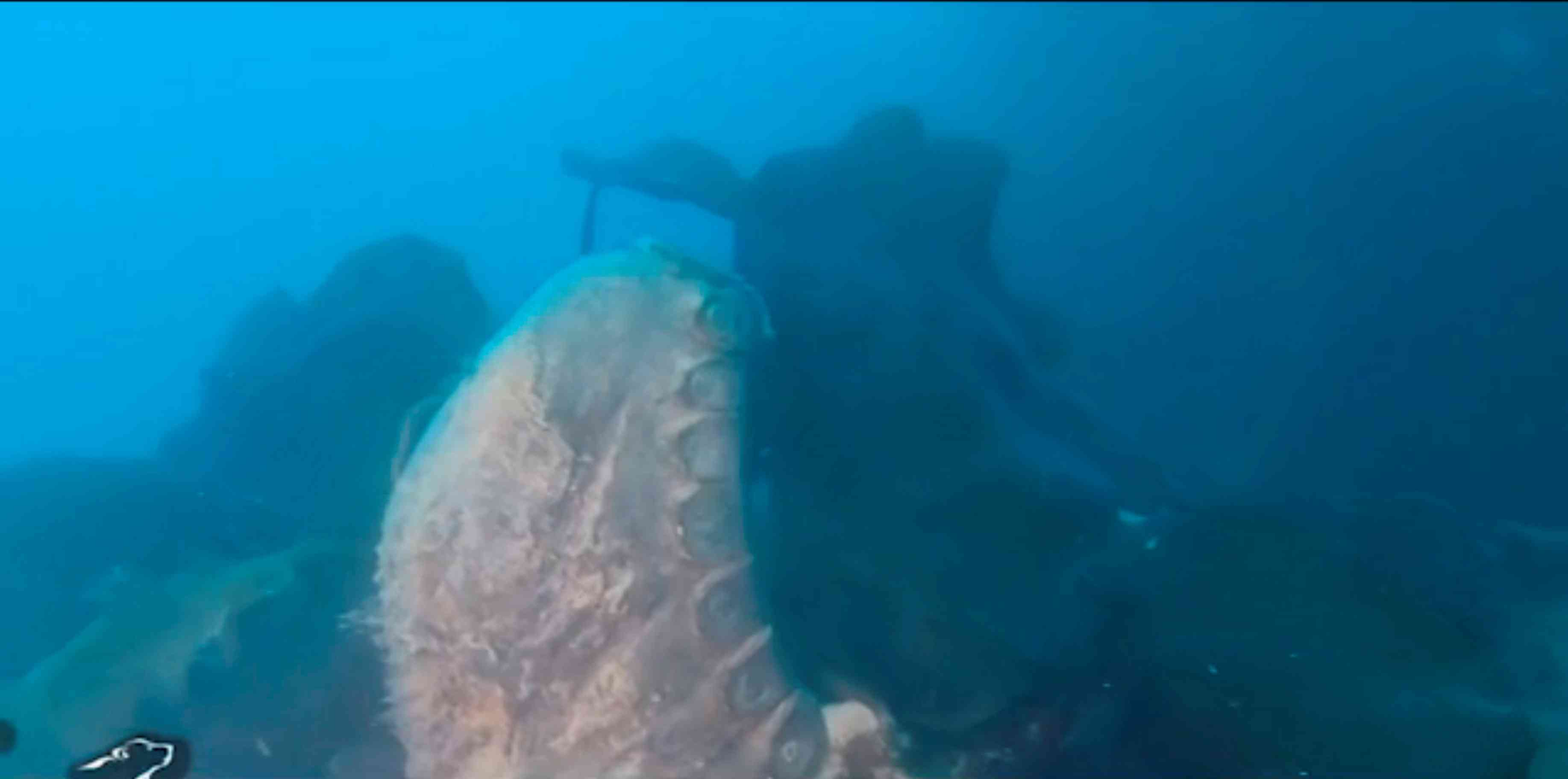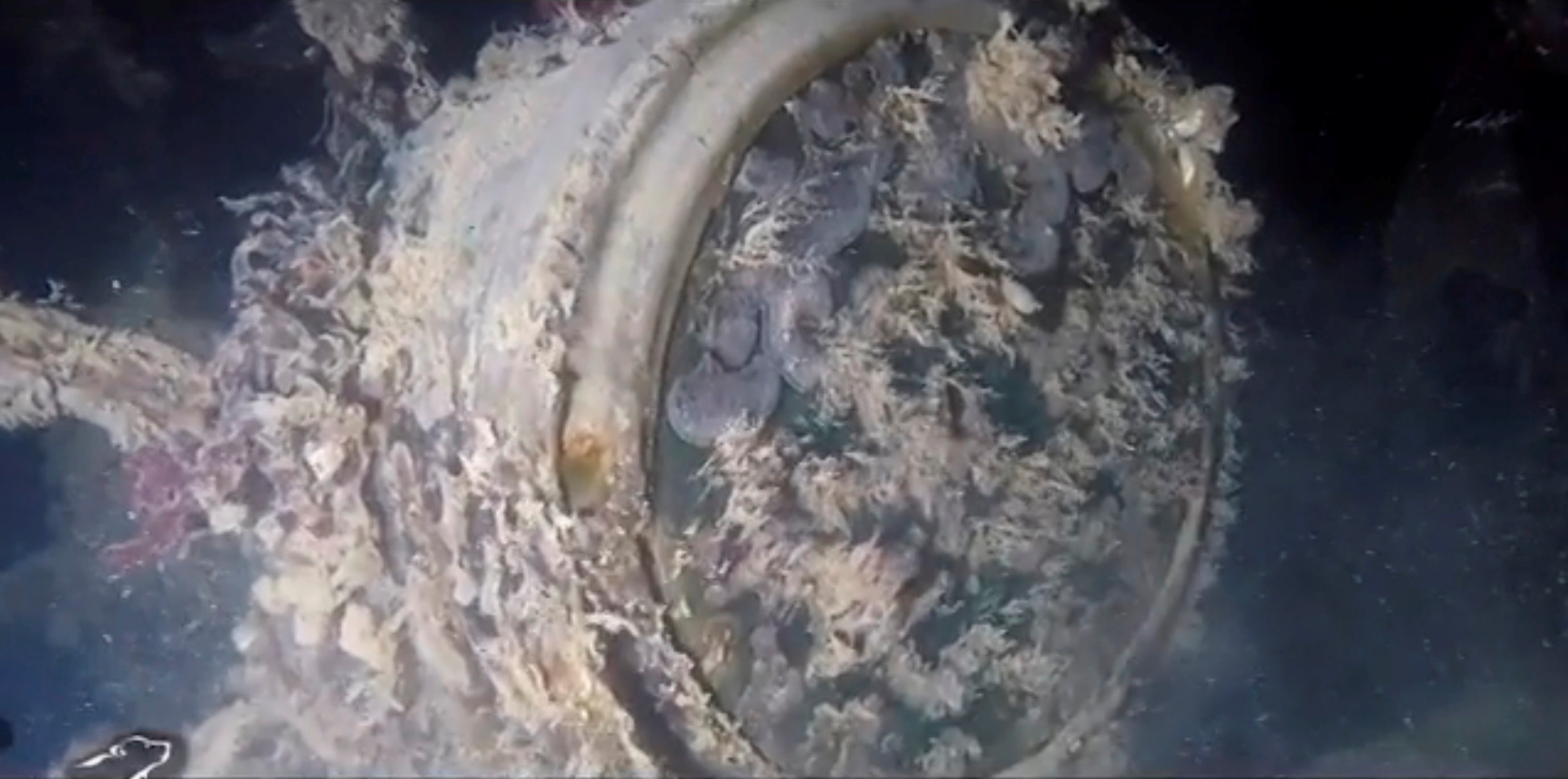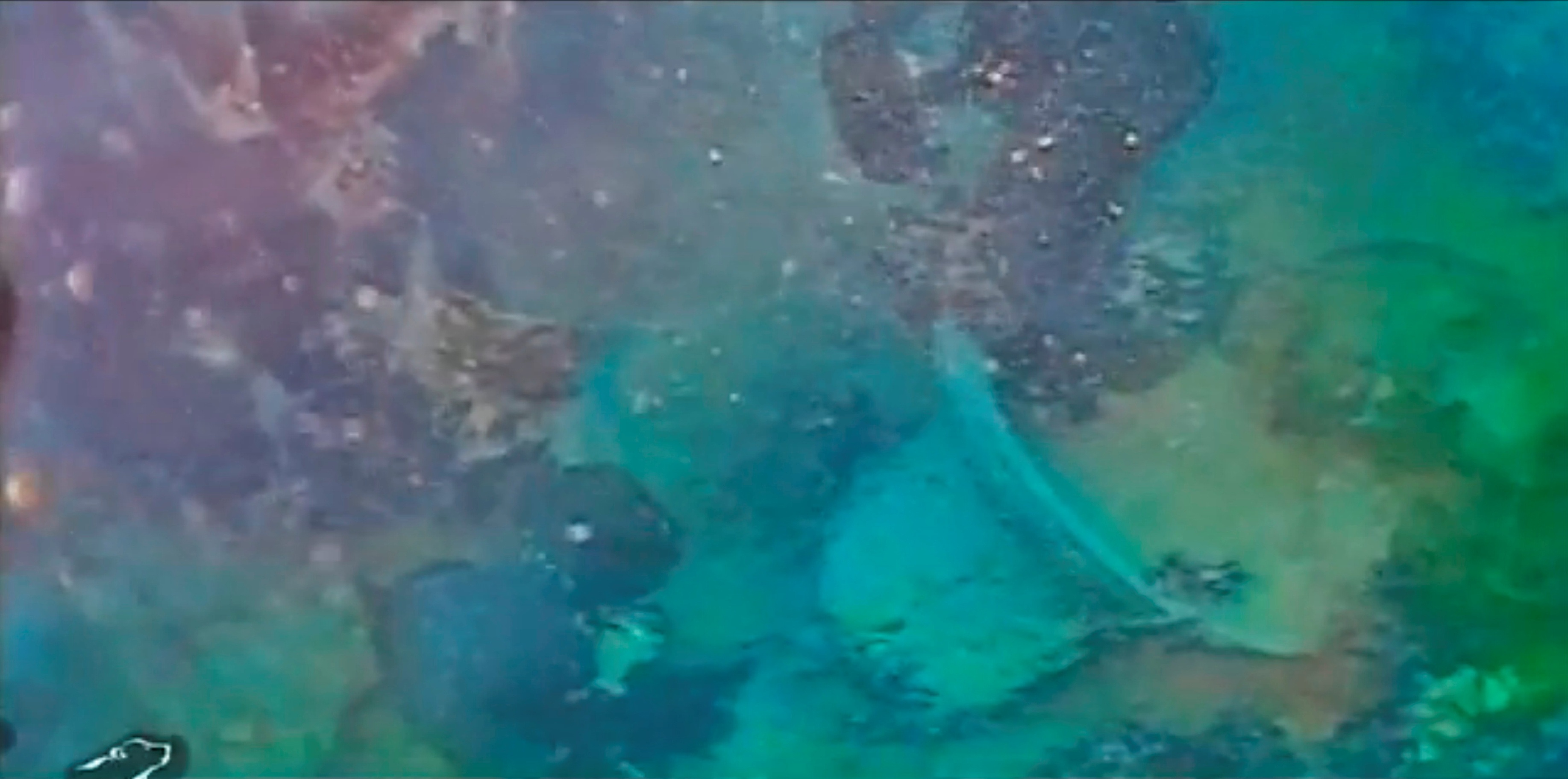Canada confirms discovery of second ship from doomed Franklin Arctic voyage

TORONTO — Canada confirmed on Monday it has found the wreck of HMS Terror, the second of two British ships lost in the disastrous Franklin Arctic voyage of 1845, and said the government will work closely with northern aboriginals on ownership of the artifacts.
Parks Canada, a federal agency, said in a statement it will work on “joint ownership” of the wreckage from the journey through Canada’s Northwest Passage.

Britain’s Guardian newspaper reported earlier this month that the Arctic Research Foundation, a private group participating in the search effort, had found the ship in pristine condition at the bottom of a bay.
Sir John Franklin and his 128-member crew on the Terror and HMS Erebus all died after the vessels became stuck in ice during a search for the fabled Arctic passage between the Atlantic and Pacific oceans.
The fate of the ships remained one of the great mysteries in Canadian history for almost 170 years until a team found the wreck of the Erebus in September 2014.

The expedition has become part of Canadian folklore, in part because of the crew’s appalling fate. Tales handed down from the Inuit people describe cannibalism among the desperate seamen.
Parks Canada will determine ownership in conjunction with the Inuit aboriginals in the northernmost Canadian territory of Nunavut and unnamed “government organizations,” the agency said, without giving details.
Reporting by Ethan Lou in Toronto.